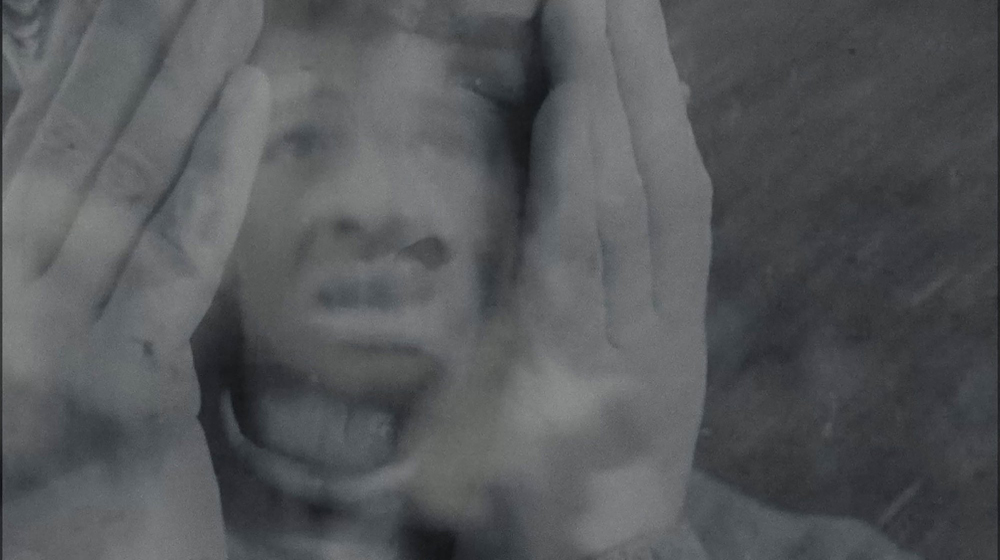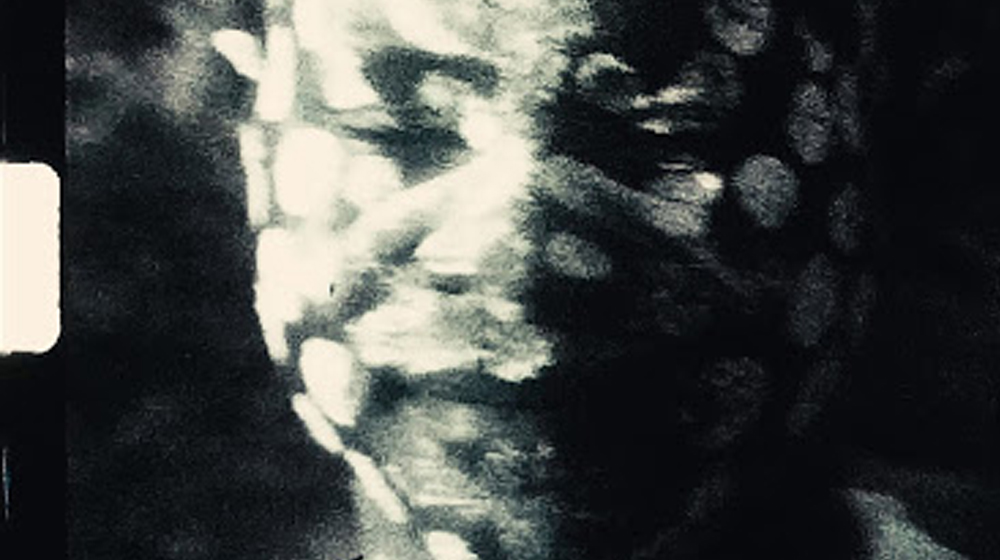As I continue this search, I am finding the spectre, digital’s haunt (and hauntings) is to be found in what the limited camera cannot see; that which it cannot accurately document and facsimilise. Darkness, the unrecordable passes through the eye of the camera. Within such impenetrable umbra, the digital camera – for lack of a better word – “guesses”, or “invents” the simulacrum it has been instructed to create. The entropy of data increases. (...) For me, this unique property of the digital camera — a window into the invisible — is similar to that of our own human perception, as we face the eye of the night. (...) As we are held in the shroud of night, the world we knew abandons us. In this abandonment, we surrender. We become the child once more. Curious and open, a child in the dark. The known becomes unknown to us again. Our senses acquiesce to drown in an unknowable sea. We wade in, and wade on through it. The darkness presses against our eyes, and we stare in to the black pool, deeper, and further still, into the infinite textures of darkness itself. Here, beyond the backwoods, horizon to horizon: a suspension of the world. A nowhere place, where we become prisoner’s of our own cinema. Interior and exterior meet. In this limen, where no light is present to enter the eye, there is no light to ward off the imagination. (...) A different shadow passes, and slowly, another shore reveals itself, a new world gradually yields to a new eye. We are now utterly internal, and yet here, we are more open that in any other moment. Here, there is no light, and yet we see. A seeing not from in-front, but perhaps inside. All things beyond us now pass alongside us and through us, and we see so vitally, beautifully, and differently. Everything is new."
Scott Barley, fragment of the unpublished text The Digital Eye of the Night.

